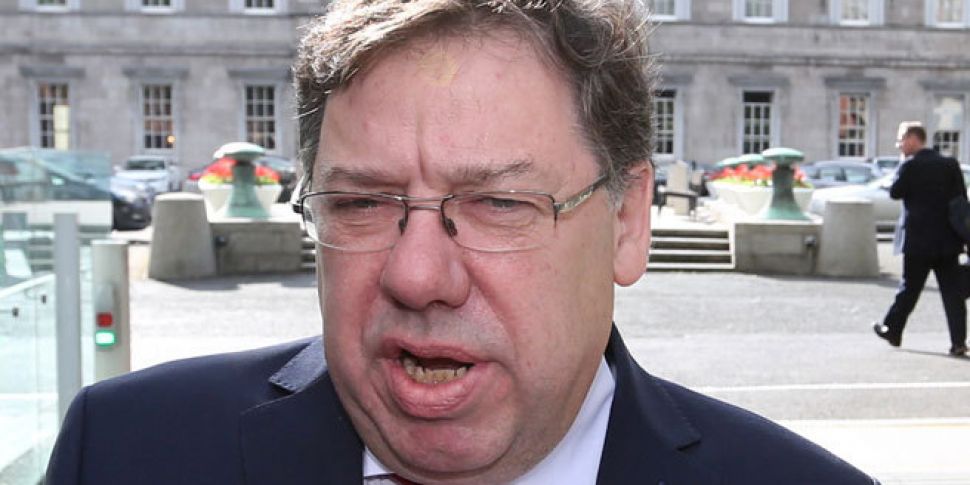Brian Cowen has denied that the government was "on autopilot" in the midst of the financial crisis, and says he takes full and complete responsibility for his role in and response to the economic crisis.
The former Taoiseach says Ireland hit trouble because of the size of the financial crisis, not because of government inaction.
Giving evidence at the Banking Inquiry he admitted Ireland had become over-reliant on the construction sector, but denied that his policies had fuelled the bubble.
And he was dismissive when asked by Fianna Fáil's Marc MacSharry whether the government was up to the job:
Cowen also denied being "beholden" to the construction industry.
He said he had the same relationship with builders as he had with bankers, charities, NGOs and other lobby groups.
There has been some testy exchanges at the inquiry, where Mr Cowen has been questioned about his record for State spending.
But Mr Cowen denies his policies were influenced by the construction industry, or that fundraising by Fianna Fáil at the 'Galway Tent' had influenced the government.
He is appearing for two days at the inquiry. Today will deal with his period as finance minister between 2004 and 2008.
While next week will deal with his period as Taoiseach.
He started his evidence with an apology for the hardship and distress caused by the policies that had to be implemented to deal with the financial crisis.
In his opening statement this morning, he defended the bank guarantee introduced by him as Taoiseach on September 29th 2008.
He said the alternative was to set the country back 25 years.
He has defended his role as finance minister in the years before the crisis - saying with the benefit of hindsight now of course some things should have been done differently.
And he clashed with TD Joe Higgins, who was accusing him of being a cheerleader for speculators.
Mr Cowen took over as finance minister in 2004 until he became Taoiseach in 2008.
During evidence yesterday, Charlie McCreevy insisted the policies he had as finance minister between 1997 and 2004 did not contribute to the bubble or the subsequent bust.
"You'd only apologise for things you got very much wrong. I don't believe that I did," he told the Inquiry.
"I think I did a very good job," he added later in the hearing.









